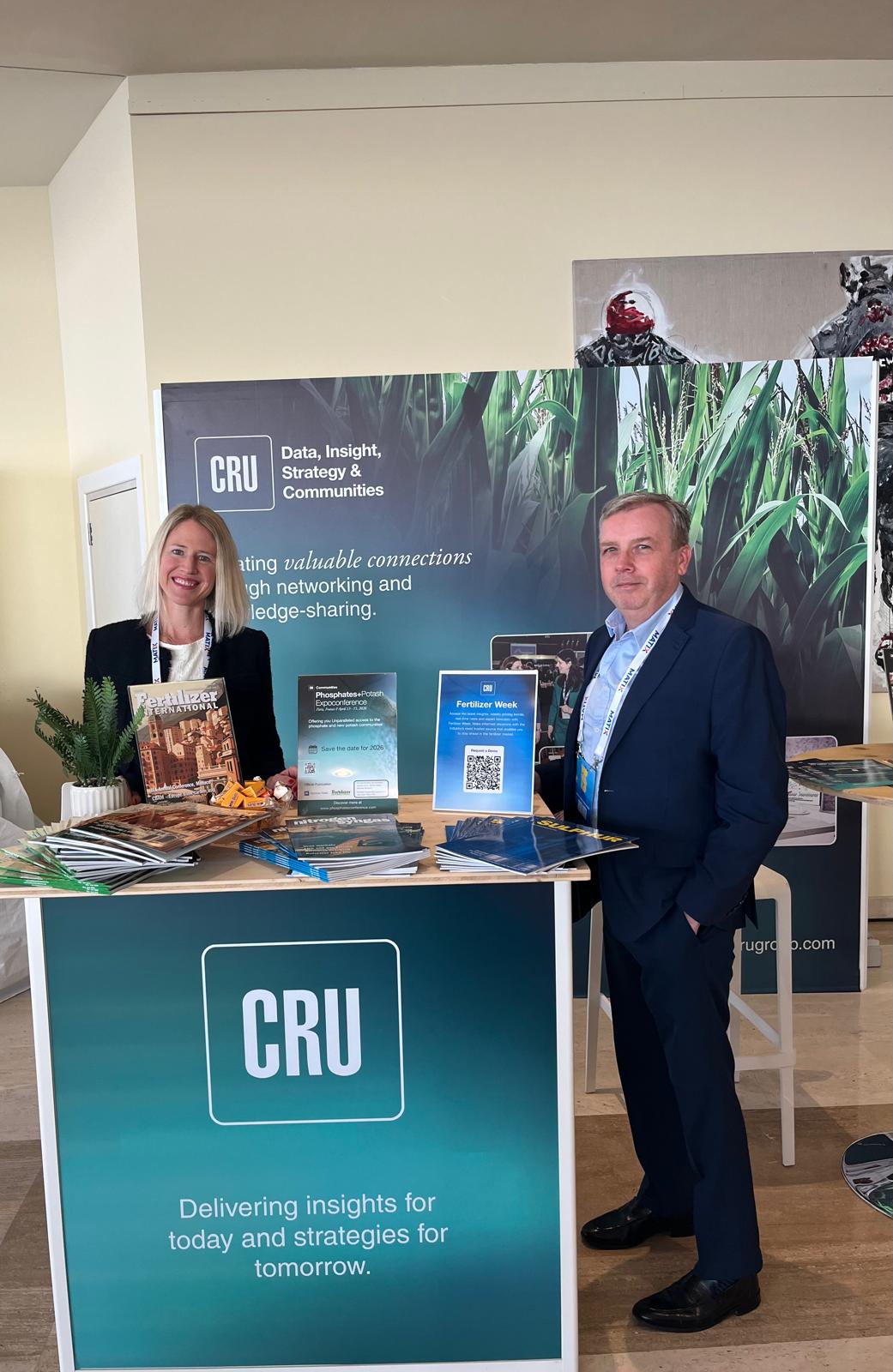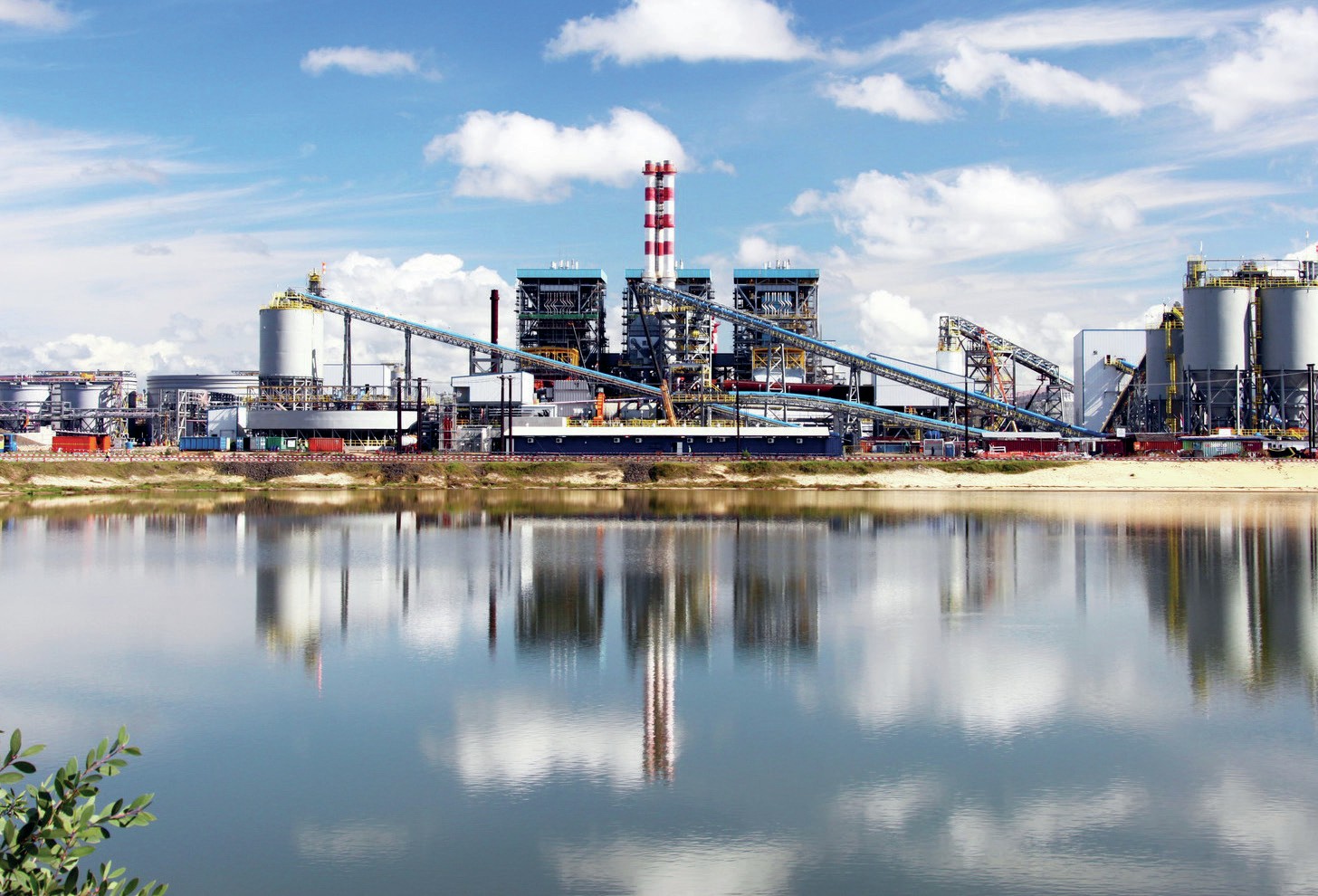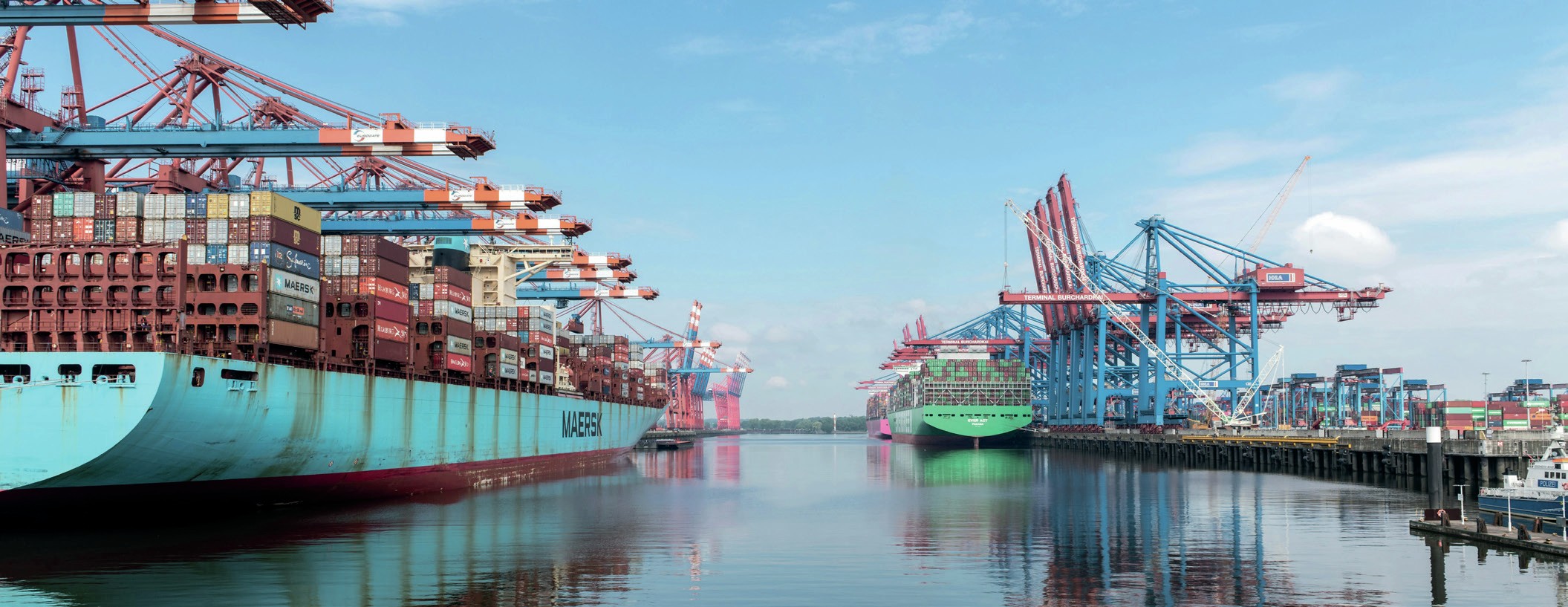Fertilizer International 514 May-Jun 2023

31 May 2023
IFA’s Sustainable Fertilizer Academy – a certifiable success
SUSTAINABILITY
IFA’s Sustainable Fertilizer Academy – a certifiable success
The Sustainable Fertilizer Academy (SFA) offers everyone within the fertilizer industry access to education on sustainability via a certified e-learning programme. More than 150 students have registered to date and over 40 alumni have graduated from the academy since it opened in September last year.
Passionate about sustainability
The International Fertilizer Association (IFA) and its 450 members are passionate advocates for sustainability – spreading the message that sustainability is an opportunity, not just a challenge.
IFA believes that the fertilizer industry has a vital role to play in delivering the Sustainable Development Goals (SDGs) adopted by the United Nations in 2015. These 17 goals set out a shared blueprint for human wellbeing, prosperity and safeguarding the planet.
While there are increasing public expectations that companies will lead the way in setting environmental and social goals, it is not always clear where professionals should turn to for answers to basic questions, such as:
- What is sustainability?
- How does it apply to my business?
- What can I do to improve my company’s sustainability performance?
That is why IFA launched the Sustainable Fertilizer Academy (SFA) in September 2022 – to provide those working within the industry with authoritative answers to these fundamental questions.
Uniquely, the e-learning and networking experience provided by the academy enables students to apply their skills and knowledge to the real-world sustainability challenges facing us all today. The curriculum examines fertilizer industry sustainability in its entirety: covering the sourcing of fertilizer raw materials, fertilizer manufacturing, and the use of fertilizers on farms.

The two-level programme offered by the SFA provides students with a wealth of knowledge on sustainability and the option to graduate with either an introductory or intermediate certificate. The programme includes 32 classes with 50 video lectures from 45 international subject matter experts.
The SFA has attracted a lot of interest and is already proving a success. More than 150 students have registered to date and more than 40 alumni have now graduated – just eight months after the academy first opened its ‘virtual doors’!
Student feedback has been positive (see quote) and there has been external recognition too. The SFA was named as a finalist in the ‘Best Education or Professional Development’ category during the 2022 International and European Association Awards.
Management and oversight
The primary objective of the SFA is to provide everyone within the fertilizer industry with easy access to education on sustainability.
The need for the academy was first identified during the development of IFA2030, the fertilizer industry’s long-term sustainability strategy. Both IFA2030 and the academy were, in turn, heavily inspired by the fertilizer industry’s commitment to meeting UN Sustainable Development Goals.
The academy is overseen by IFA’s Sustainability Committee and managed day-to-day by a full-time Sustainability Education Coordinator who provides teacher coordination and student support. A Senior Advisory Group also meets quarterly to monitor the work of the SFA. This group, which comprises 10 founding partners drawn from IFA’s membership and one academic partner, is also responsible for the future development of the SFA, its study programme and e-learning platform.
Curriculum
The academy’s curriculum was developed with the help of a working group of member companies. Learning is structured around classes, with each class comprising of an introduction, a teacher profile, a video lecture, downloadable slides and a short quiz.
“The content is well balanced between topics. The number and type of quiz questions at the end of each module are helpful.
The academy’s curricular programme is divided into two attainment levels – Expert (Level 1) and Leader (Level 2) – with a final exam for each. Students who pass their exams receive either a Level 1 or Level 2 certificate from IFA. This two-level approach offers introductory and then more advanced content, as follows:
- Level 1. This provides an introduction to fertilizer industry sustainability, covering the basics of sustainable agriculture and the importance of sustainability in fertilizer production and use. This level is intended to provide a broad overview of sustainability issues for professionals who are new to these.
- Level 2. This more advanced and specialised course is divided into two subject areas: Level 2A – Product Stewardship and Level 2B – Nutrient Stewardship. This higher level course is designed for professionals who would like to learn more about the sustainable production and use of fertilizers.
- Level 2A – Product Stewardship. This covers the sustainability of fertilizer production, including issues around resource use, energy consumption, production emissions, and product quality.
- Level 2B – Nutrient Stewardship. This focuses on the sustainability of nutrient application and use, covering topics such as fertilizer application rates, timing and placement, soil health, water quality and nutrient cycling.
And this is just the start…
IFA’s ambition is to make education about the sustainable production and use of fertilizers accessible to everyone. Because of this, the role of the academy has evolved continuously since its launch – as it seeks to expand its reach and improve its effectiveness.
The SFA was originally exclusive to IFA members, for example. But in early 2023, following external interest, a decision was made to open up the academy to everyone. Additionally, as part of IFA’s commitment to providing quality education in multiple languages, English and Spanish subtitles have now been added to all the academy’s classes, with more languages to be added soon.
To supplement existing online sessions, IFA is also introducing teacher and student Q&A sessions to the academy’s e-learning platform, following feedback received from students and its members. In future, the SFA will also be providing students with the opportunity to learn from recognised sustainability experts by inviting external guest speakers to come and talk about relevant fertilizer industry topics.
Finally, a major goal is to create a community that continues to learn and grow together after graduation. The SFA is therefore looking at initiatives that will connect and bring our students and alumni together regularly, to share updates on sustainability and the latest fertilizer industry developments.
Future plans
IFA is committed to expanding the academy’s global reach and impact. It is therefore exploring innovative ways to reach a wider audience and provide tailored educational offerings that meet the specific needs of our students. The new ‘À la Carte’ and ‘On Demand’ learning options are just two examples of how the academy is adapting to evolving demand for education and training:
- À la Carte. This bespoke option allows learners to select specific classes that align with their interests and needs. This flexibility enables students to design their own learning path and gain particular knowledge and skills that are most relevant to their professional development.
- On Demand. This mass access option is designed to allow companies to easily register employees in large groups. It provides students with quick and easy access to training materials and classes. This is particularly useful for companies that need to train a large number of employees on a specific topic.
In April, the SFA broadcast four nutrient stewardship classes on IFA member Sino-Agri’s online TV station. These were watched by nearly one million viewers!
Currently, the SFA is collaborating with the Brazilian government and Brazilian universities on a pilot project to establish an ‘À la Carte’ fertilizer sustainability programme tailored to policy makers and agronomy students (see main photo). Plans are also underway to replicate this approach in other countries.
Fast-tracking sustainability
IFA’s Sustainable Fertilizer Academy is a vital and comprehensive educational initiative that aims to accelerate the much-needed global shift to sustainable fertilizer production and use.
As it expands internationally, the academy is preparing to add hundreds of registrants to its existing cohort of students and graduates – equipping them with the skills and knowledge needed to move the fertilizer industry towards a more sustainable and environmentally responsible future.






